Softly, softly on hard drugs in Queensland youth crime crisis
Queensland will have among the most relaxed drug laws in Australia, with users given three chances for carrying heroin, cocaine or ice before facing a charge.
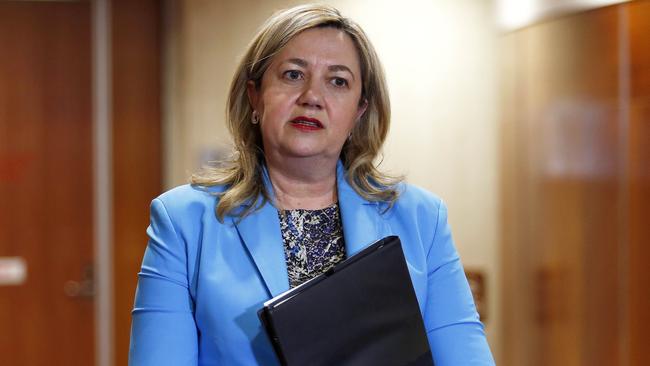
Queensland will have among the most relaxed drug laws in Australia, with users given three chances for carrying up to a gram of heroin, cocaine or ice before facing a criminal charge.
In an unheralded move to sweep aside the state’s tough stance on hard drugs, the Palaszczuk cabinet and party room on Monday endorsed the changes as the government grappled with a politically charged youth crime crisis.
The changes, which have been quietly developed in consultation with police, as well as health and drug experts, is intended to alleviate the workload of police and the courts and keep users “with a health issue” out of the judicial system.
The move came as Annastacia Palaszczuk on Monday bowed to opposition pressure and agreed to reintroduce a controversial Liberal National policy her government had scrapped in a bid to be seen to be taking immediate action on youth crime.
After years criticising the LNP policy, the Palaszczuk government will on Tuesday introduce legislation to make breach of bail a stand-alone offence for juveniles.
The drug-related laws will be introduced later in the week and extend the decade-old drug diversionary program for cannabis possession to other illicit drugs including ice, cocaine, heroin, fentanyl, ketamine and steroids.
Under the changes a person is given a warning the first time they are caught with a drug and the offer of an “opportunity” to participate in a drug diversionary program on the second and third occasions they are found to be in possession of the drug.
Only on the fourth occasion are police required to issue a person with a court notice to appear on a charge of possession – and even then they may be spared a conviction.
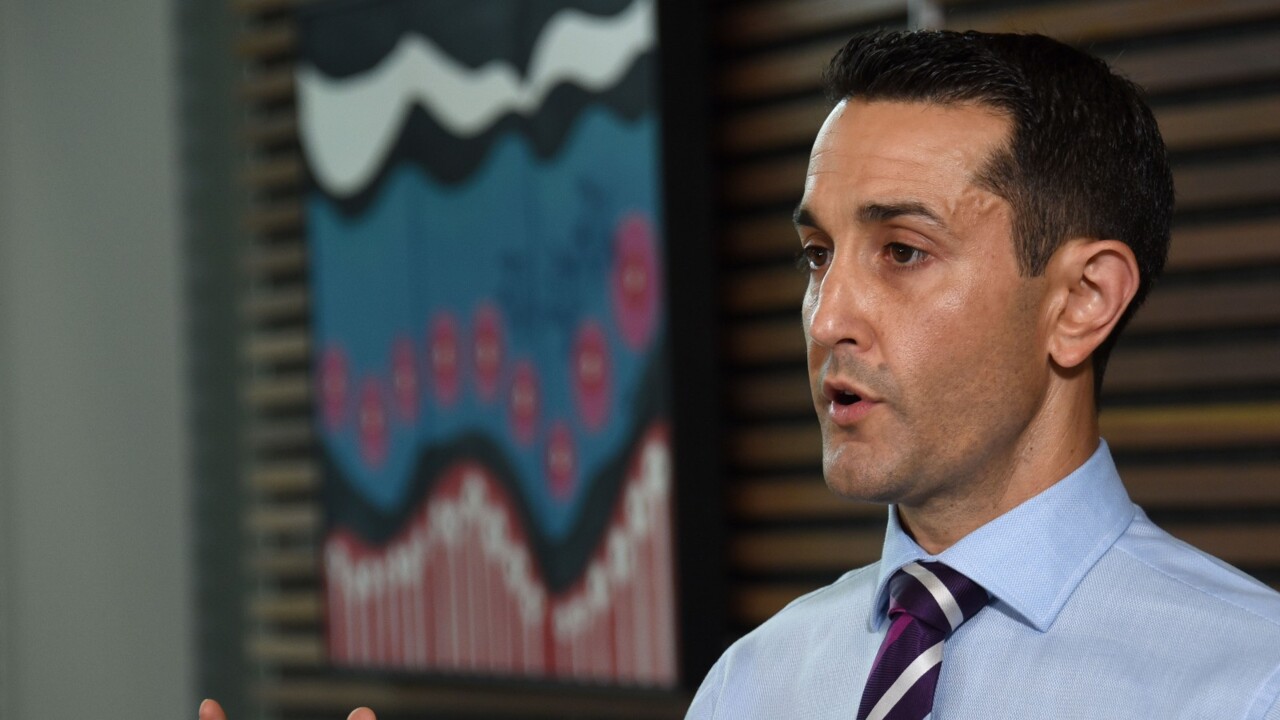
The changes bring Queensland into line with other states and territories in offering diversionary programs or education, rather than immediate convictions, on possession of drugs other than cannabis.
But Queensland’s new laws will be among the most relaxed, with Victoria offering fewer chances before a conviction on possession and NSW’s definition of a small quantity being a quarter of that under the Queensland laws.
Only the ACT, which will decriminalise possession later this year, and South Australia, which allows possession of up to two grams and an unlimited number of chances at diversionary programs, are more lenient.
Every year, about 20,000 people in Queensland are found with small quantities of drugs in their possession by police.
Queensland cabinet also signed off on a move to take a tougher stance on drug trafficking with the maximum penalty of 25 years in prison increased to life imprisonment.
The government was going to announce the changes later in the week but the proposal was leaked even before cabinet sat when a senior Queensland police officer sent an email to thousands of staff announcing the changes.
“The bill enhances the program available to police to effectively deal with minor drug offences, diverting minor offenders away from the criminal justice system through an evidence-based tired health response,” acting deputy police commissioner Mark Wheeler said in the email, which was later recalled.
In a statement, Police Minister Mark Ryan said the Queensland Police Service had “asked for this” and that the changes were supported by Police Commissioner Katarina Carroll, as well as several former Queensland Police commissioners.
“All have confirmed this approach is a win-win – better community safety outcomes and better use of police and court resources,’’ Mr Ryan said.
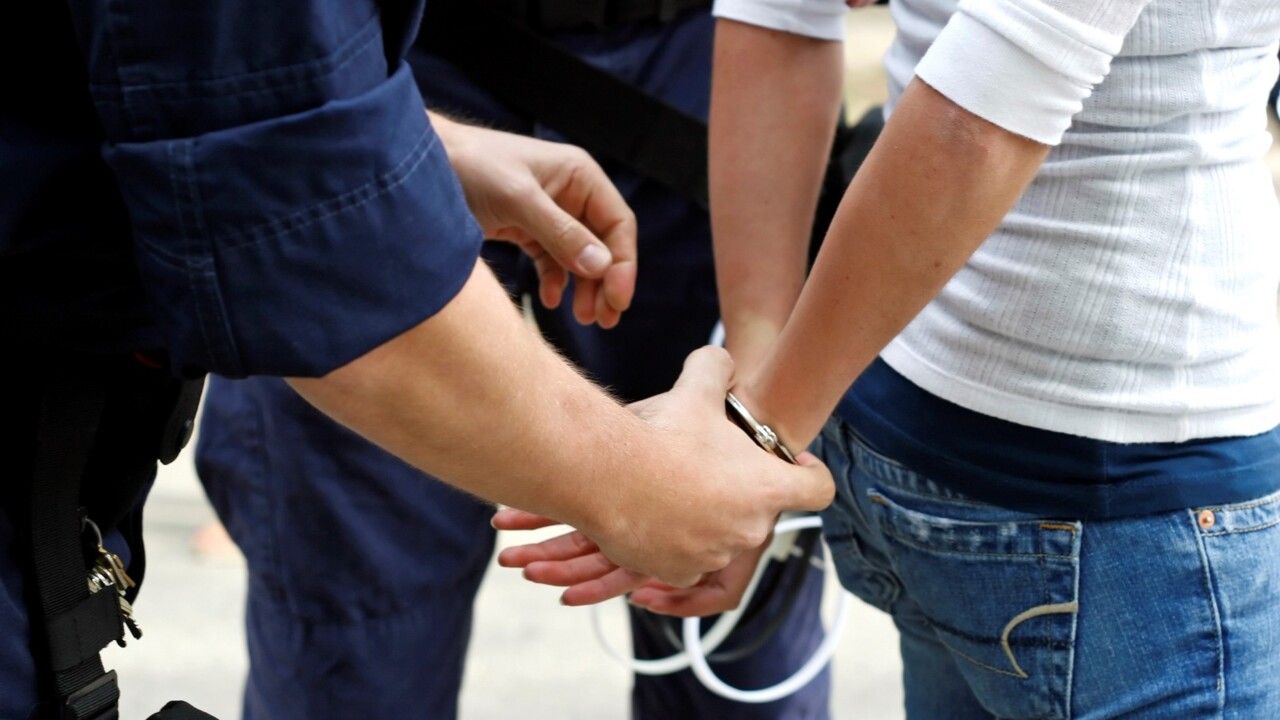
The new drug laws, which will come into effect next year, are seen as a way to reduce the number of people in the court system and to give police more time to tackle property crime and violence. In recent months, spiralling youth crime has become a major political issue for the government with recidivist youths stealing cars and breaking into homes in Townsville, Cairns and Mount Isa and a series of murders, allegedly by teenagers, in Brisbane.
Ms Palaszczuk said the policy reversal – in making breach of bail a stand-alone offence for juveniles – came after 150,000 people signed a petition to reintroduce breach of bail as an offence.
“Once again we have listened to the community and we want to work together in the spirit of bipartisanship in the best interests for the people of this state,” the Premier said. “You will see the legislation (on Tuesday) and I am very sure it will work.”
Government ministers, including Attorney-General Shannon Fentiman and Youth Justice Minister Leanne Linard, have repeatedly insisted the offence did nothing to reduce crime rates.
Of the 185 youths found guilty of breaching bail between 2014 and 2016, none were given any extra penalties and 90 per cent reoffended within a year.
Police already have powers to arrest juveniles who did not comply with bail conditions.
Opposition Leader David Crisafulli said the about-face was an admission that Labor had watered down youth crime laws since it came to office in 2015. “Queenslanders now know that the LNP is leading the state from opposition,” Mr Crisafulli said
Bill Potts, a veteran criminal lawyer and former law society president, said reintroducing breach of bail as an offence would do “absolutely nothing to either prevent crime or ensure the safety of society”.
“It is entirely a retrograde step which the government and the premier herself have previously acknowledged was a failure,” Mr Potts said.
Youth Advocacy Centre chief executive Katherine Hayes said the government was reacting to community anger and failing to act on evidence. “If we want to stop more youth crime from occurring in the future we need to focus on diversionary tactics. That’s just the only path that’s supported by evidence,” she said.


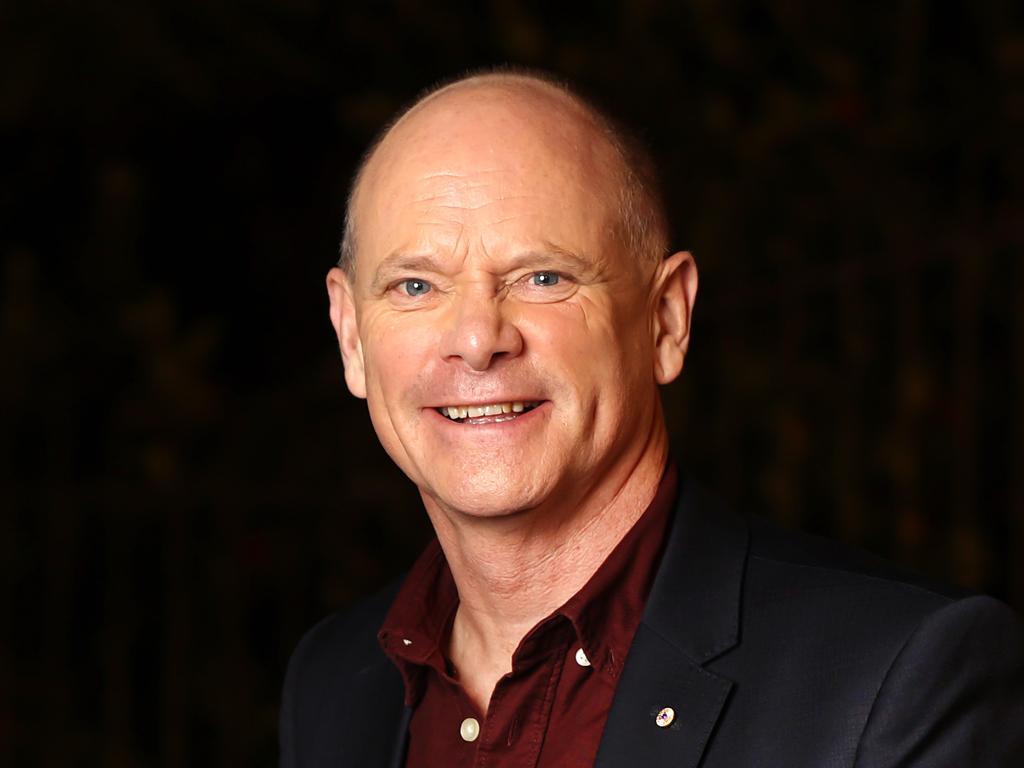
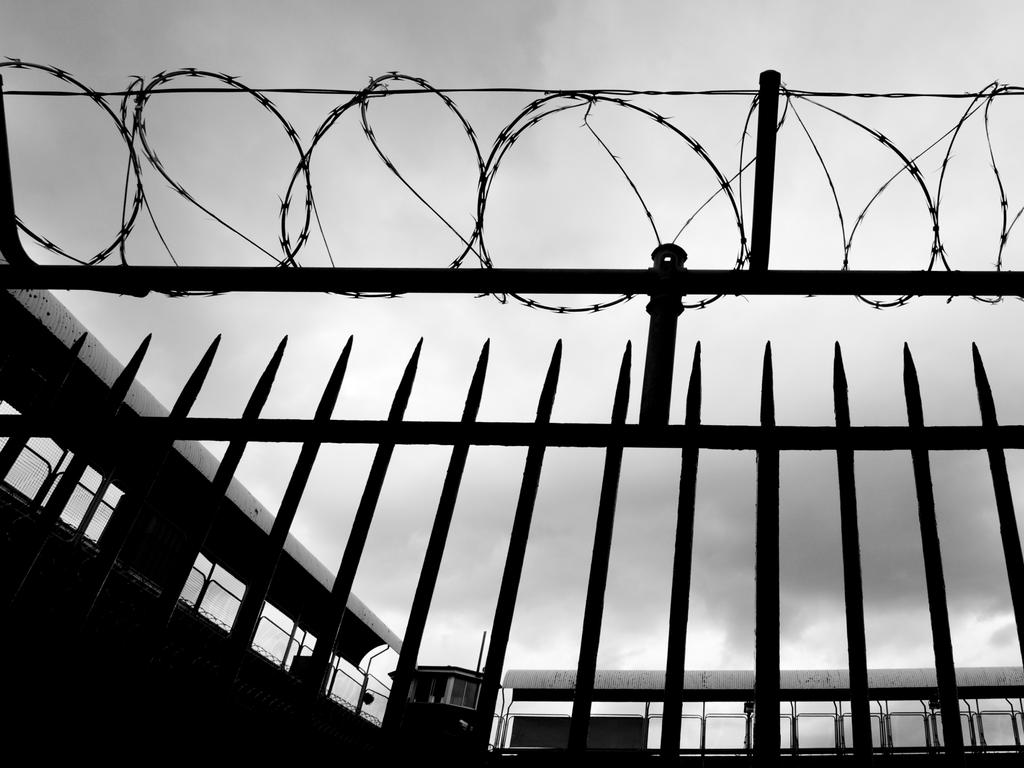
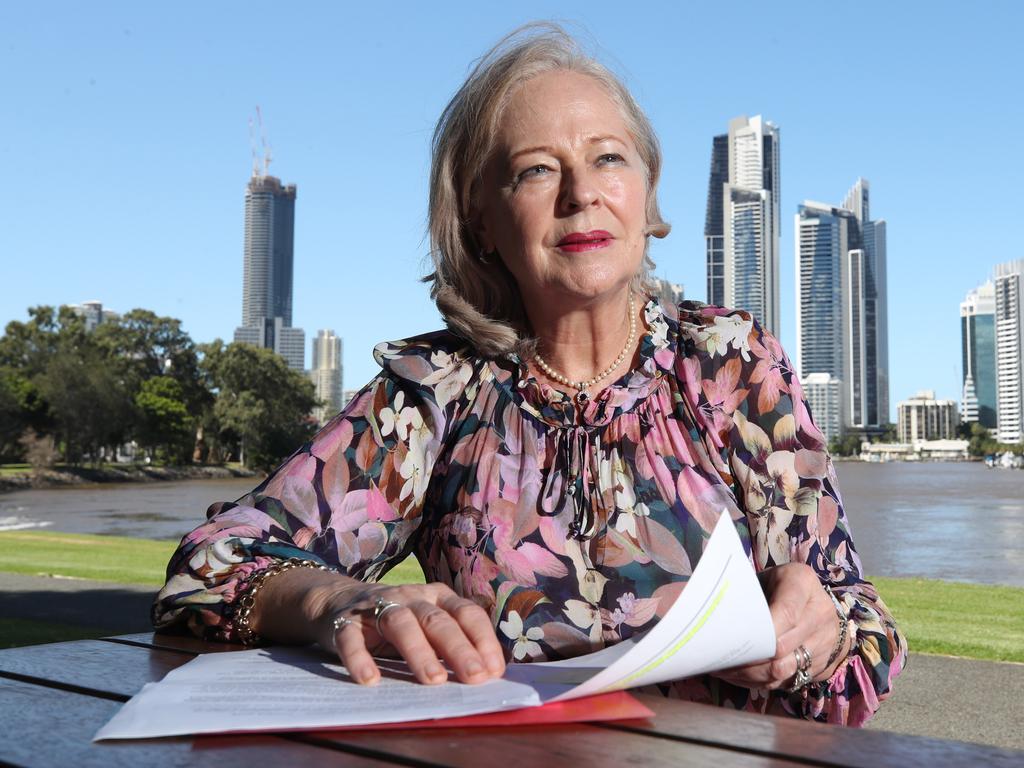
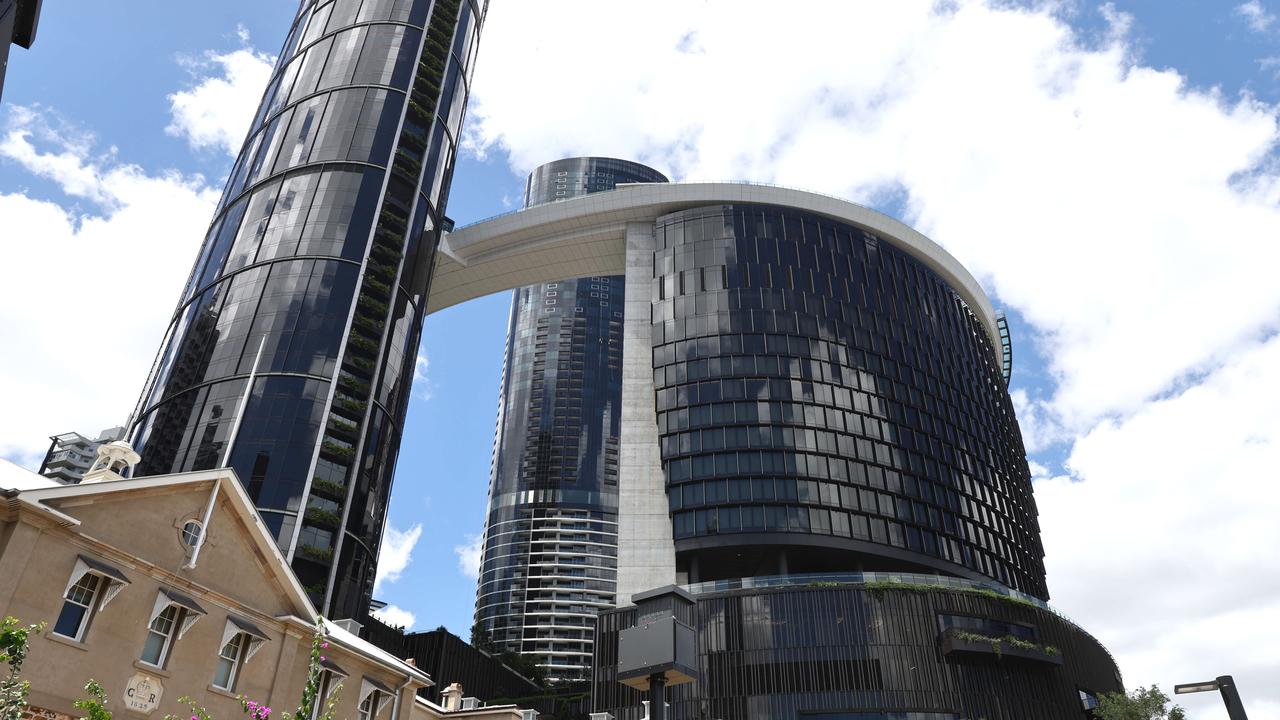
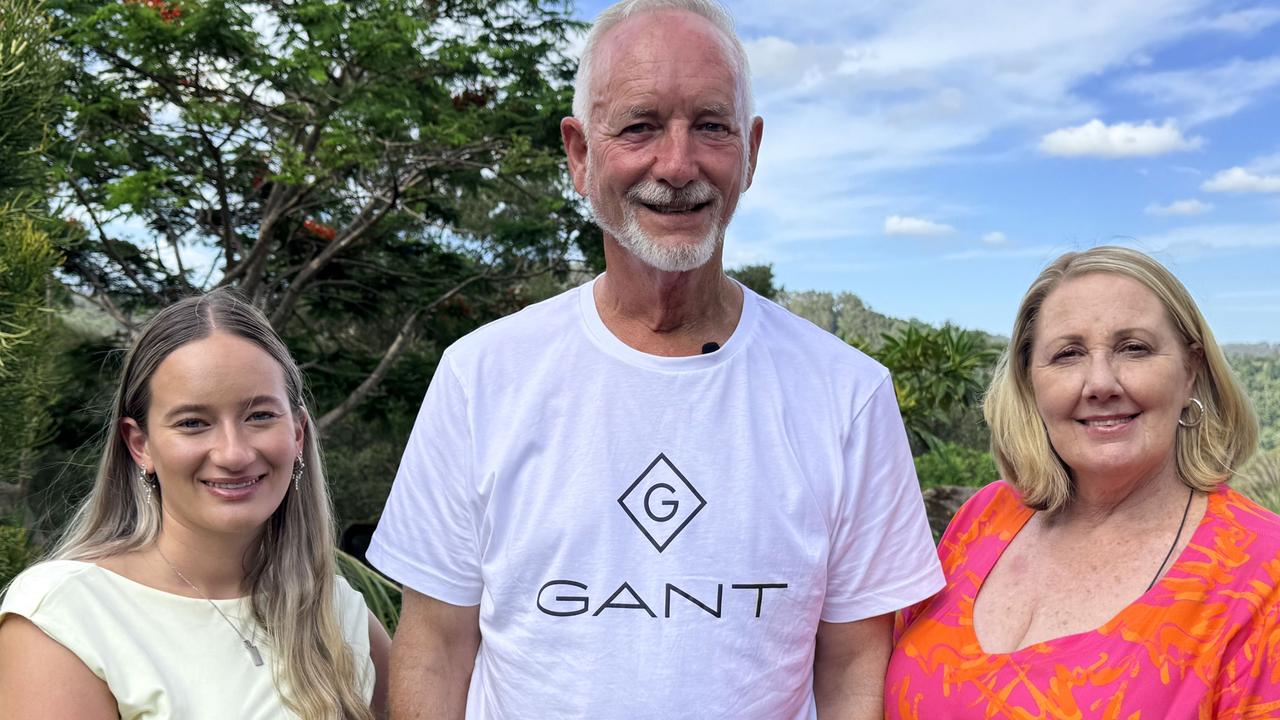
To join the conversation, please log in. Don't have an account? Register
Join the conversation, you are commenting as Logout